Found 37 movies, 2 TV shows, and 0 people
Can't find what you're looking for?
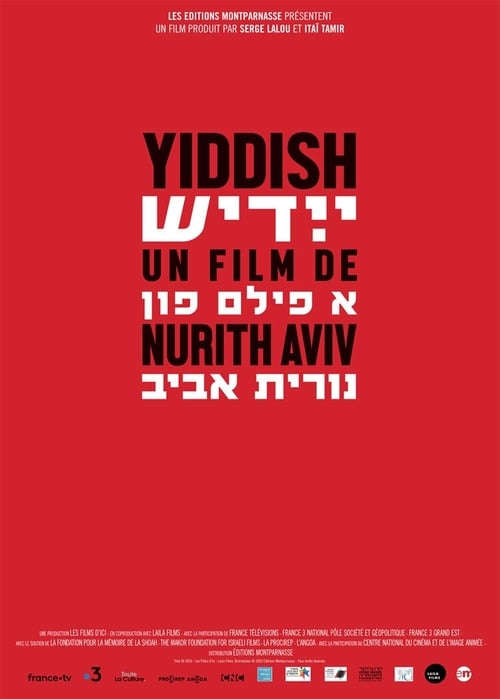
Seven young people tell their personal stories with the Yiddish language while discussing the life and work of avant-garde Yiddish poets.
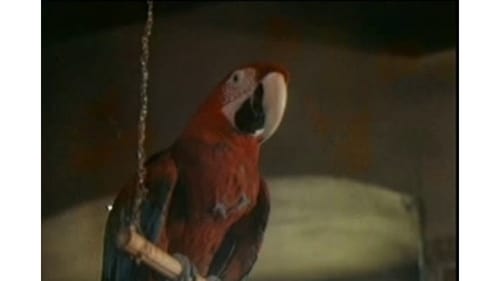
About amusing adventures of the young blunderer Yankel during World War II who survives thanks to the sluggishness. The hired legionary he is taken prisoner, will pass across Sicily with the army of allies and it will appear in Indochina. And everywhere he will be accompanied by glory.
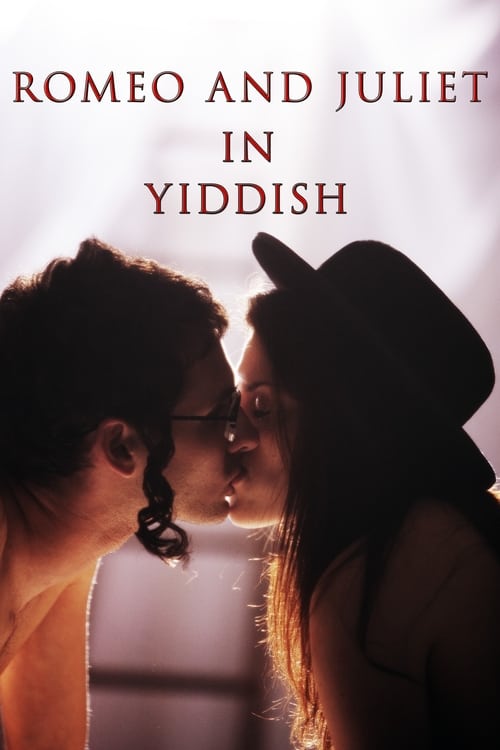
The play Romeo and Juliet has been translated around the world. Now Eve Annenberg’s gritty, funny feature film sets William Shakespeare's Romeo and Juliet in contemporary New York City with Brooklyn-inflected English and Yiddish spoken by a talented cast.
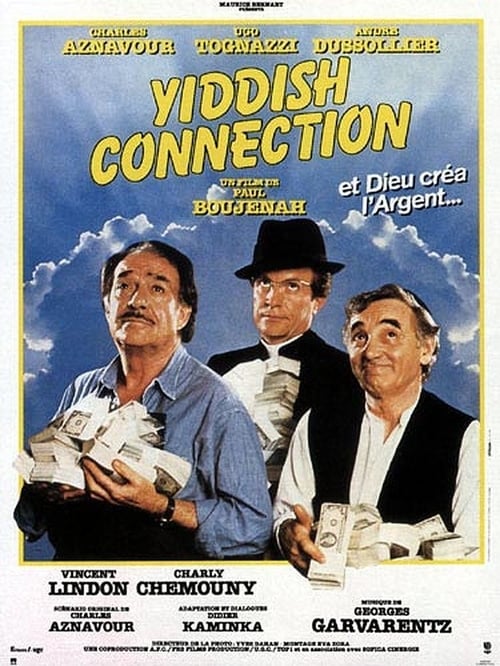
Two middle-aged Jewish merchants plot to crack a safe with a clergyman and some neighbors in Paris.

The footage of the film shows Joniškis, Kriukai and Žagarė, places of large Jewish communities before the war. The locals remember the Jews, and tell about the tragedy that befell them during the years of fascist German occupation.
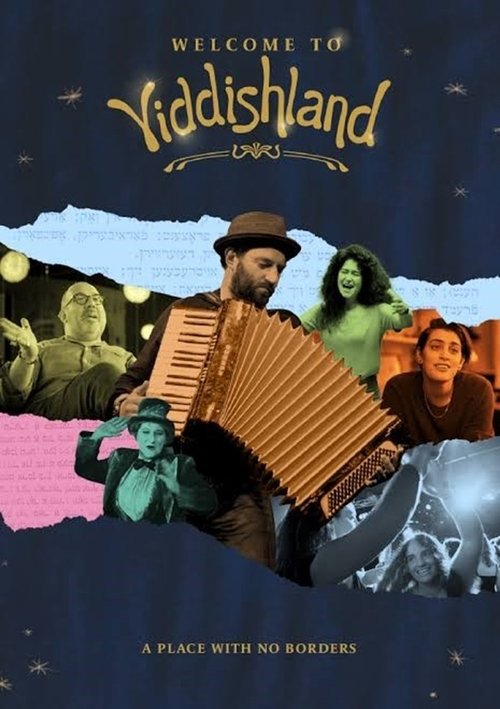
An upbeat, witty, and timely exploration of a global community of artists creating innovative work in their quest to rediscover and revitalise the endangered Yiddish language. From behind-the-scenes with an acclaimed Yiddish-language version of Yentl in Melbourne, to enjoyably transgressive punk-Klezmer musicians, and Barrie Kosky’s latest trailblazing production in Berlin – the endangered Yiddish language is alive and well in this rousing documentary. The language originated amongst the Jewish community in Eastern Europe, but almost disappeared when more than half of the world’s Yiddish speakers were murdered during the Holocaust. Most of the artists and performers (aka Yiddishists) in the film didn’t grow up speaking Yiddish, but all have found solace, identity, and inspiration in its rich traditions and culture. Ros Horin has mapped a fascinating cultural history.
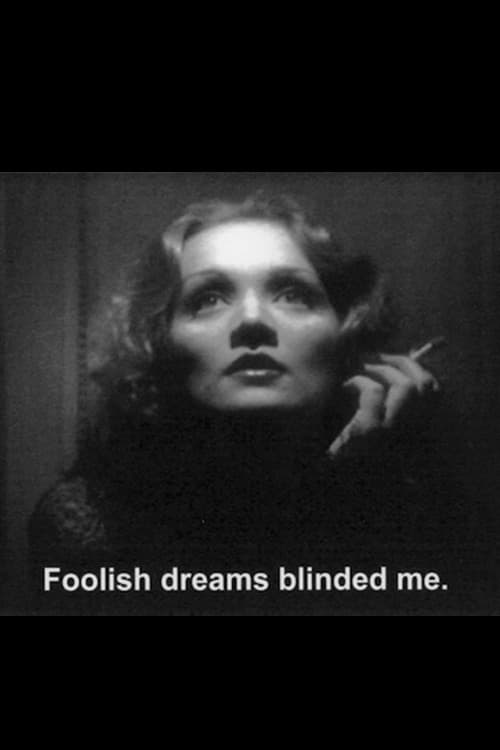
Set in Berlin and New York's Lower East Side, The Great Yiddish Love stars the self-exiled Marlene Dietrich and her Nazi-endorsed replacement, Zarah Leander. It is a melodrama of love, emigration, and betrayal reassembled from Hollywood, German Ufa and Yiddish films from the 1930s and 40s.

Odesa and its jewish soul. Iosif Jerebker and Taisiya Zborovskaya are probably the last yiddish singers of Odesa. Accompanied by Anna Rozen on piano, they took us some decades ago, in an old jewish mansion, into this fabulous and, oh so joyful music.

Elliott Gould narrates this affectionate look at life in the shtetls of Eastern Europe in the 19th and early 20th centuries. "It's unreal that all this could have just disappeared," says Polish native Mariem Adler Stok, one of the seniors whose memories of this "Yiddish world" give this documentary its life. The hour traces Jewish history in Europe and explores Jews' focus on education, their religious customs, clothing, food, music and theater.
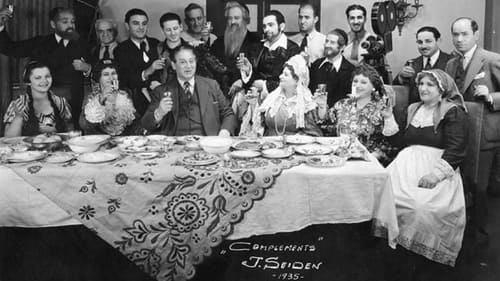
Setting off from Vilna to spend his last days in the Holy Land, an arrogant old man spurns the youngest of his three daughters and leaves his fortune in the wrong hands.
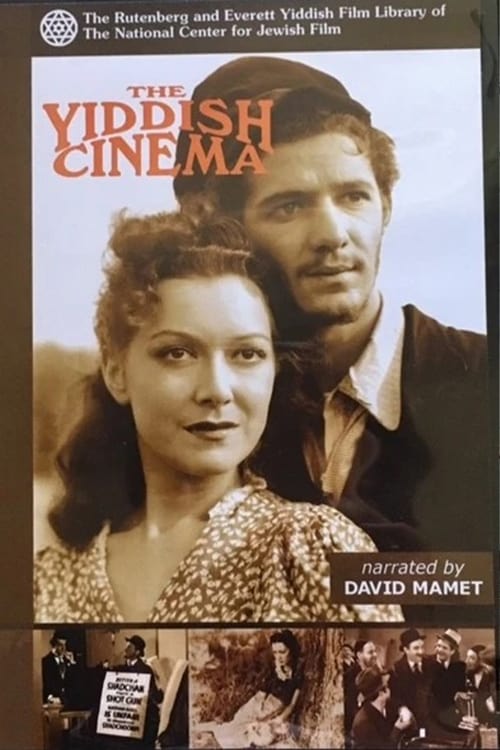
Narrated by prolific writer and director David Mamet, this film is a perfect introduction to Yiddish cinema. The Yiddish Cinema traces the history of the genre through interviews, archival photographs, and film clips of many of The National Center for Jewish Film's Yiddish feature films.

Moses uses his last pennies to help a friend in need. 25 years later the men meet again.
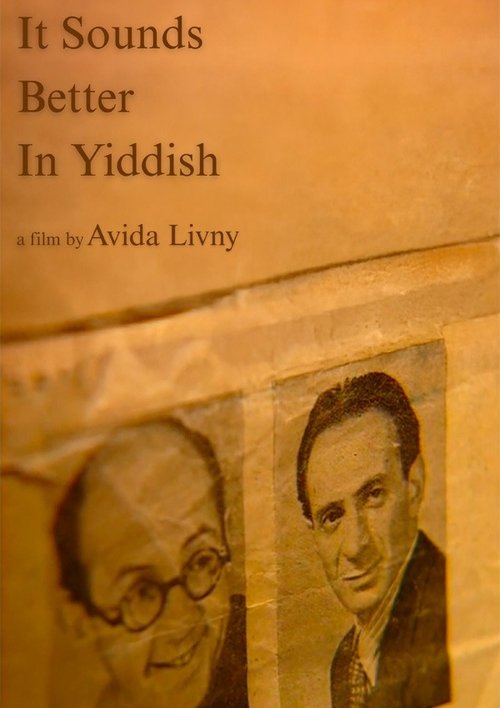
This comprehensive documentary on Yiddish comedy duo Shimon Dzigan and Israel Shumacher combines their biographies with a look at the changing status of Yiddish culture in Israel. Featuring rare footage, film clips, and recreations of their Polish and Israeli performances, along with interviews from Shumacher’s daughter and writers, actors and comedians like Hana Laszlo and Mike Burstyn.
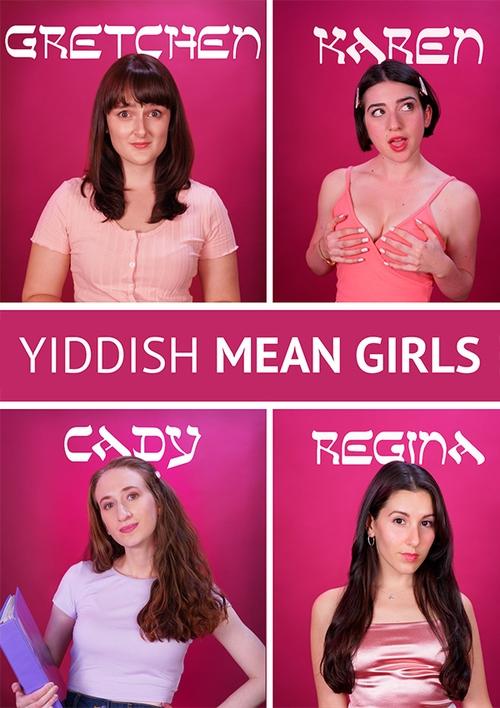
What if the "Plastics" were Jewish? An iconic four-way phone call scene from Mean Girls reimagined in Yiddish.
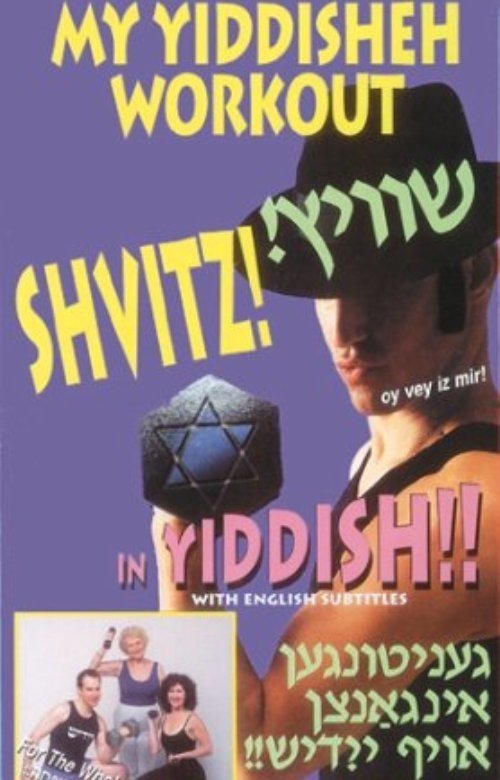
What's freylach, builds muscle tone, and has people humming oy vey iz mir to the tune of "By Mir Bist Du Sheyn"? SHVITZ! My Yiddisheh Workout, that's what! This 30-minute exercise videotape, produced entirely in Yiddish (with English subtitles), is a follow-along exercise routine that the viewer can do at home without special equipment. The half-hour workout sequence is a series of simple exercises for strengthening and toning muscles, all set to klezmer music and Yiddish songs.

How does an Episcopal kid from Kansas become a Yiddish Vaudeville performer? Shane Baker shares his story in this humourous animated short.
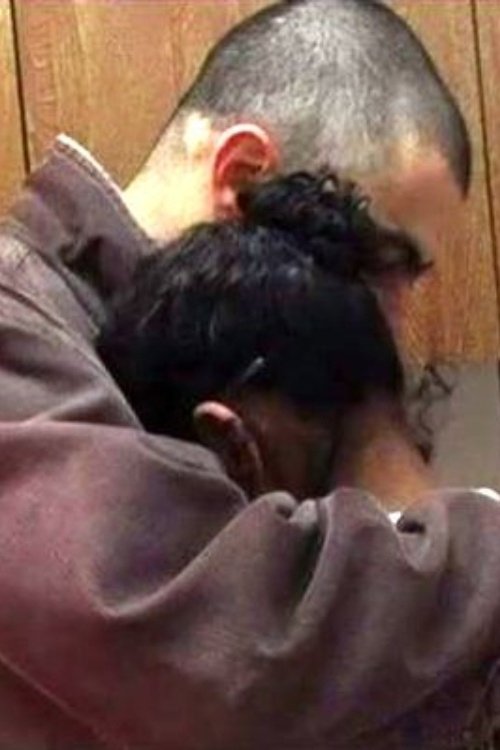
The authors of the film violated the boundaries of what was permitted by choosing a deliberately provocative topic for their work: tense interethnic relations within the framework of one single family, where a native of the former Soviet Union and an Ethiopian girl were preparing for the wedding. The question is legitimate whether the son-director had the right to bring rubbish from the hut to a wide public court. These are the most intimate details of the relationship with your own mother, is one of our fundamental commandments about respect for parents violated here?
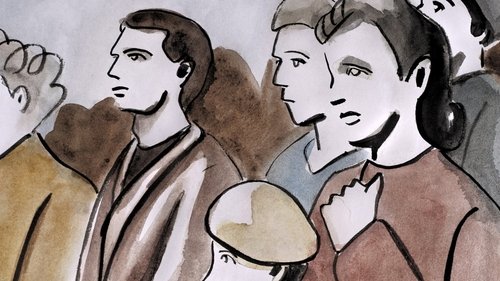
A young woman decides not to answer a phone call from her grandfather, unaware that it will be his last. When he dies, she is overwhelmed with guilt and regret and can’t sleep. But then she remembers a promise made long ago: to illustrate his wartime adventures as a member of the French Resistance.
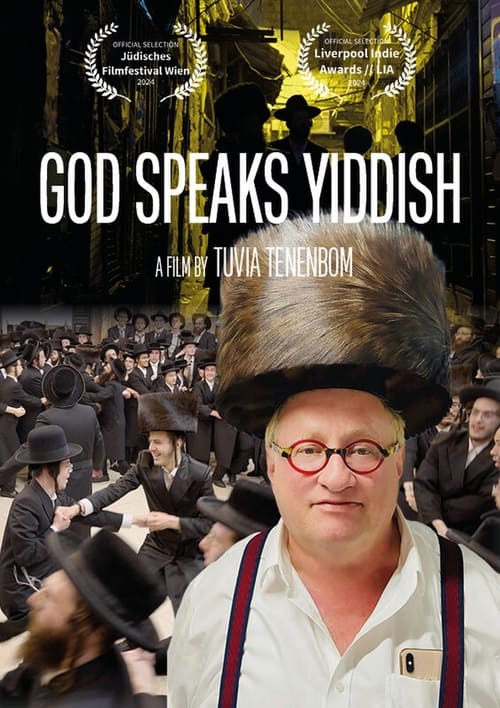
No description available for this movie.

"Yiddish: a tale of survival" is a feature-length documentary about the resilience and survival of Yiddish language and culture since the Holocaust. The grassroots efforts to maintain the viability of Yiddish is captured via the stories of three individuals, Shmuel Atzmon of Tel Aviv, Bryna Wasserman of Montreal and Milena Kartowski of Paris - Yiddish performers and activists - representing three generations of Yiddish speakers since the Holocaust.
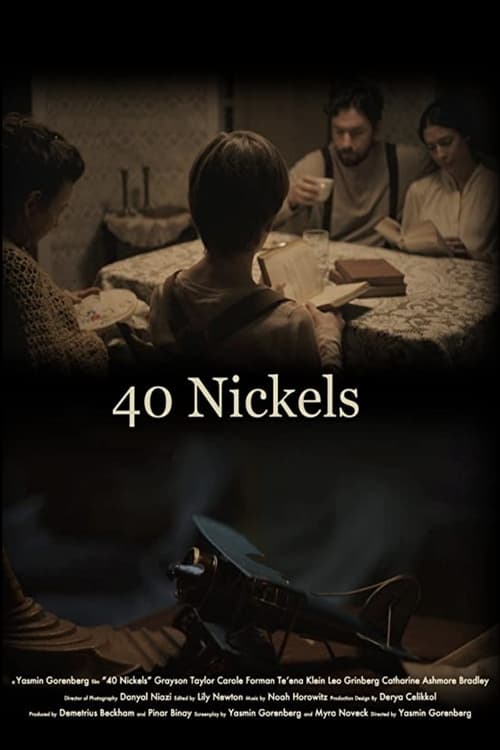
Based her grandfather’s boyhood in St. Louis, Yasmin Gorenberg tells a story of the pain passed from refugee parents to their children and the hope that can overcome it. “40 Nickels” captures the image of a generation of immigrants to the United States in the 1920’s and 1930’s and through that spotlights the effects of the 1919 pogroms in Eastern Europe. This is a film about parents and children: how trauma never leaves a family, and how hope and resilience is also passed down. It asks the question: Can a new generation look at the world with wonder rather than fear?
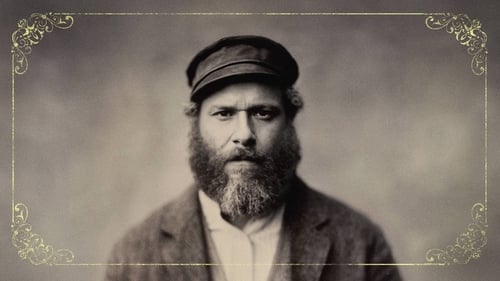
An immigrant worker at a pickle factory is accidentally preserved for 100 years and wakes up in modern day Brooklyn. He learns his only surviving relative is his great grandson, a computer coder who he can’t connect with.

An impulsive millennial mensch who gets possessed by the spirit of his dead Yiddish grandma.
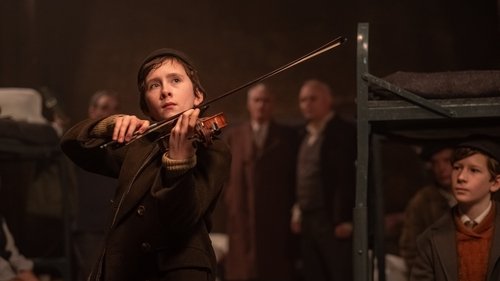
A man searches for his childhood best friend, a Polish violin prodigy orphaned in the Holocaust, who vanished decades before on the night of his first public performance.
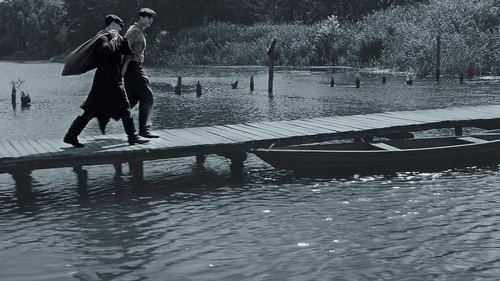
In one continuous shot, SHTTL shows the lives, loves, and inner conflicts within a Yiddish speaking shtetl on the border between Ukraine and Poland - one day before the Nazi invasion of the Soviet Union.
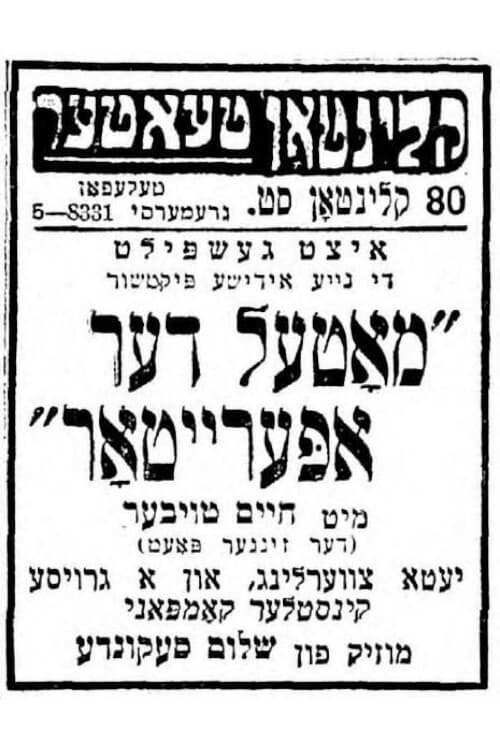
Motel, a poor laborer, loving husband and new father, leads cloakmakers in a strike for better working conditions. When he is severely injured by strikebreakers, his wife, Esther, and infant son are left destitute. Desperate to save her starving child, Esther gives him up for adoption to a wealthy couple, and then commits suicide. The richly-rendered beautiful Yiddish songs by Sholem Secunda featuring Cantor Leibele Waldman and Joel Feig's famous choir are a good example of the bittersweet melodrama in the finest tradition of the Yiddish theater.
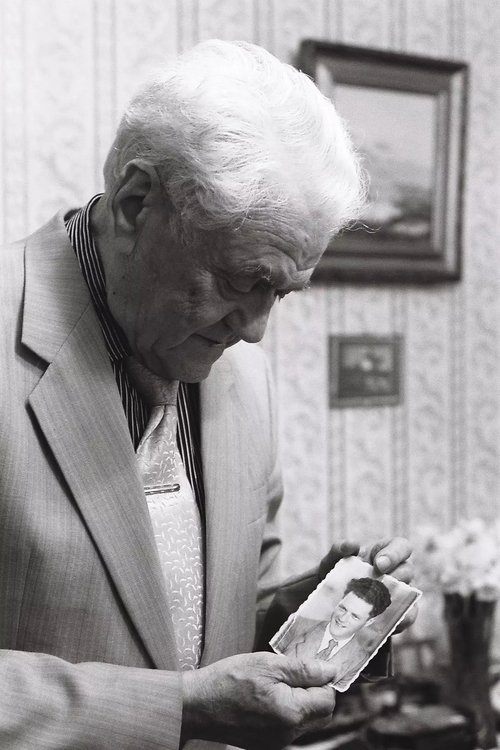
No description available for this movie.
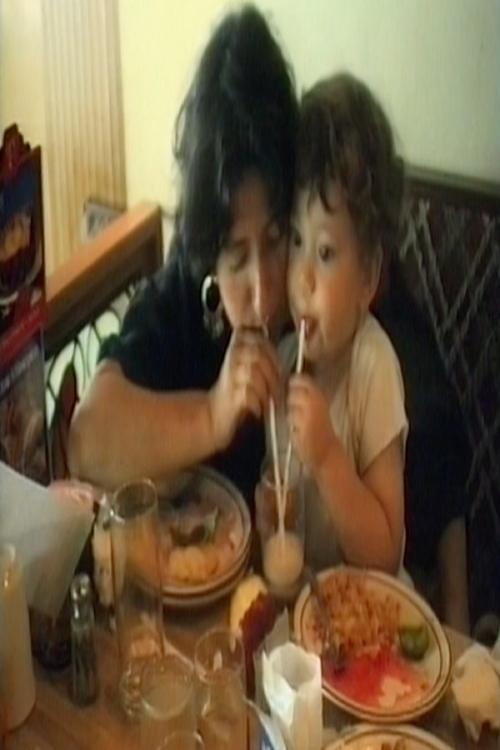
The questioning of Jewish heritage and identity via the portrait of a diversed family, across Belgium and the United States.
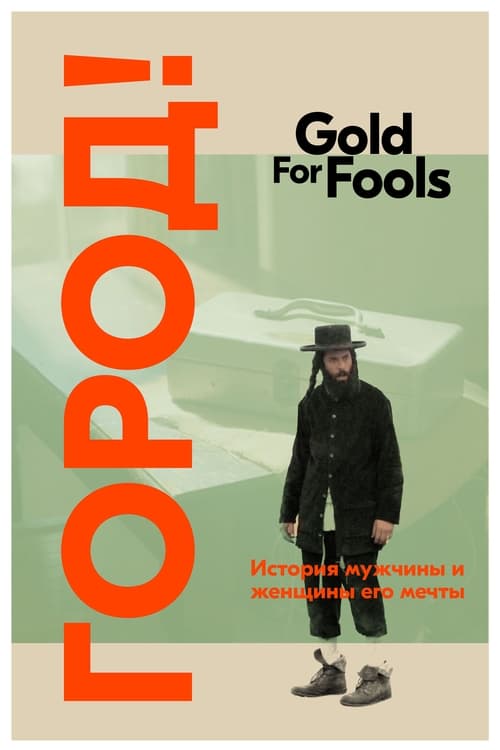
Raised in rural isolation by an extremist Hasidic sect, Chaim is torn between his devotion to his grandmother, an aging Holocaust survivor, and his attraction to a sexy blond in a Liberty car insurance ad.
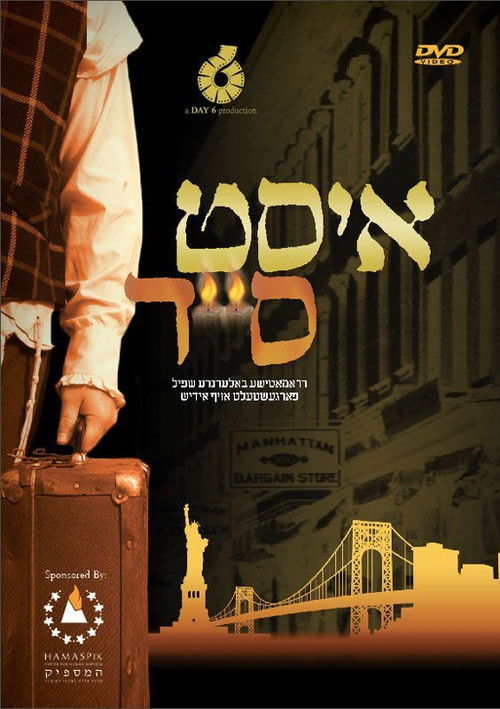
East Side is a brand new yiddish DVD written and directed by Ari Abramowitz. Thrilling, exciting, dramatic and emotional, perfect for the entire family.

While saying goodbye to his son and grandchildren who are leaving Israel, Yackov remembers when, as a child, he also said goodbye to his family in Poland in 1937, not realizing that he would never see them again.
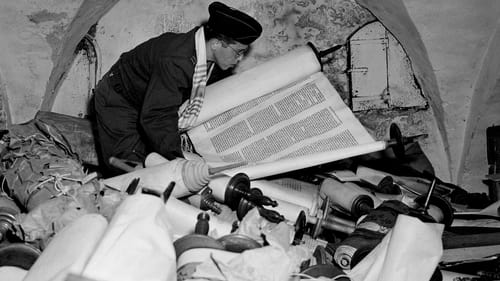
Lithuania, 1941, during World War II. Hundreds of thousands of texts on Jewish culture, stolen by the Germans, are gathered in Vilnius to be classified, either to be stored or to be destroyed. A group of Jewish scholars and writers, commissioned by the invaders to carry out the sorting operations, but reluctant to collaborate and determined to save their legacy, hide many books in the ghetto where they are confined. This is the epic story of the Paper Brigade.
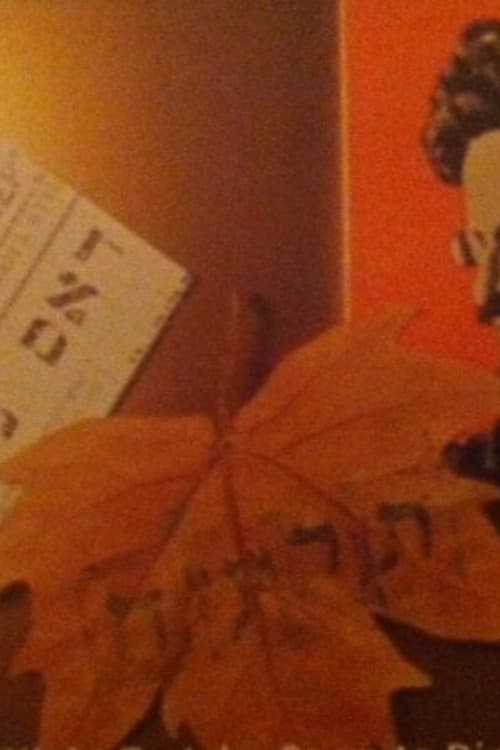
Every family has its own fictions: why are they invented, what social values do they reflect and how do later generations interpret them? How is political identity formed - passed down, integrated or rejected - within one family? The tale traverses the Pale, the New World and back to the Old World.
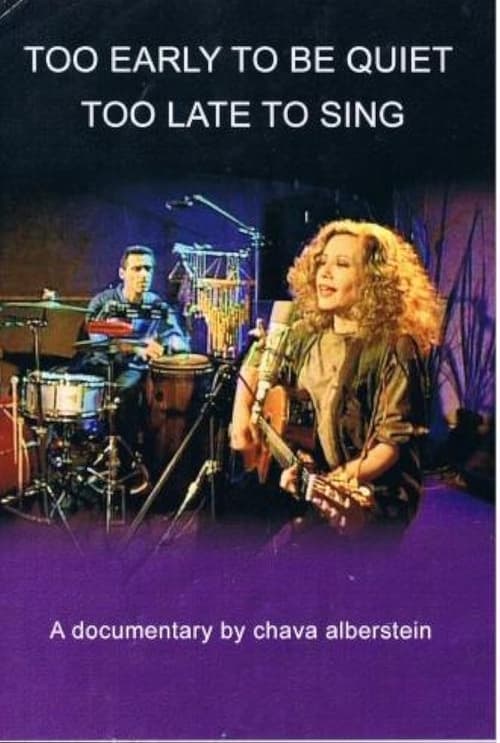
Only a handful of Yiddish poets remain alive. Chava Alberstein sets out to interview those last writers of Yiddish poetry, to hear their poems and stories. Along the way, she sings a collection of Yiddish folk songs.
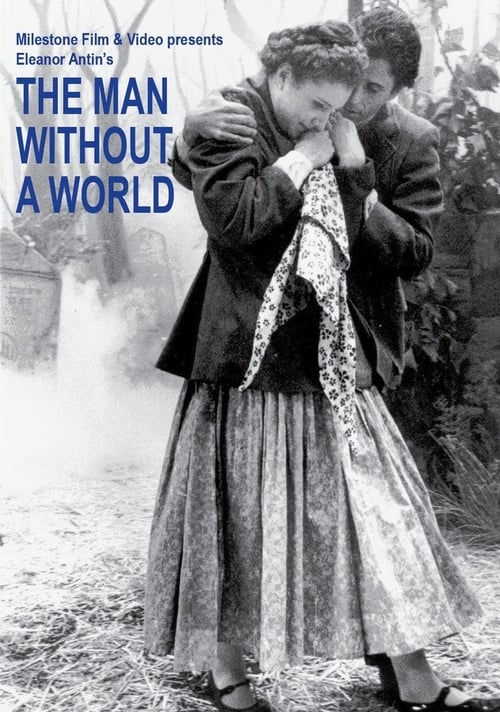
The Man Without a World is credited to the legendary (and imaginary) 1920s Soviet director, Yevgeny Antinov. But the film is anything but old. In fact, Antinov himself is the creation of contemporary filmmaker Eleanor Antin. Her film is a moving, comic melodrama set in a typical shtetl (village) in Poland. The Jews’ struggle against poverty and racial hatred is complicated by their own division into hostile political factions of the religious orthodoxy, assimilationists, socialists, Zionists, anarchists and survivors. While the Jews of the shtetl pursue their loves, politics, religion, business and dreams for the future, the Angel of Death is ever near...

This film is the story of a man’s lifelong search for authentic Yiddish folk music and of his unique archive, which was presumed to be lost forever. Moyshe Beregovsky, a musician and scholar, crisscrossed Ukraine with phonograph in hand during the most dramatic years of Soviet history in order to record and study the traditional music of Ukrainian Jewry. His work began in the 1920’s and led to his arrest and imprisonment in a Stalinist labor camp in 1950. Most of those he recorded on hundreds of fragile wax cylinders were shot by the Nazis and tossed into countless mass graves. Ultimately, Beregovsky succeeded in saving the musical heritage of the centuries-old Yiddish civilization. He rescued the Living Voice of his people from the flames of the Holocaust but paid for it with his life. With this introduction, Yelena Yakovich one of the leading Russian documentary film-makers, begins her latest work, Song Searcher.
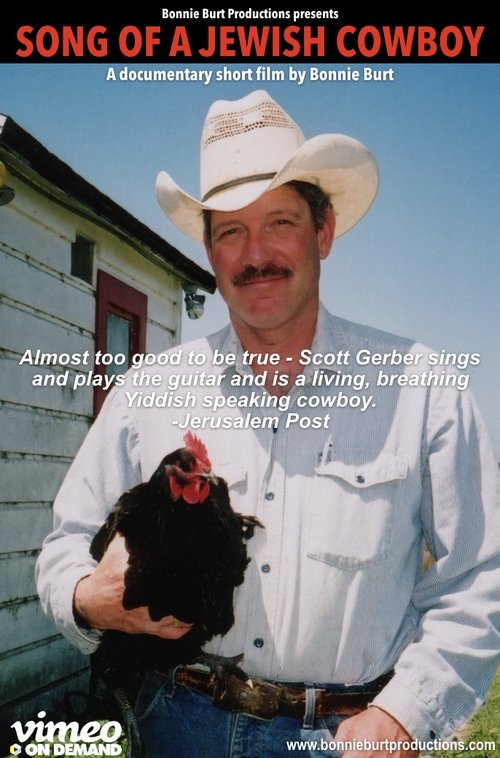
Scott Gerber, an unlikely mix of Yiddish and cowboy cultures, learned Yiddish and progressive songs from his mother and grandmother. A descendant of the left wing Petaluma chicken ranchers, Scott carries on the Yiddish and ranching traditions and proudly works in agriculture today.